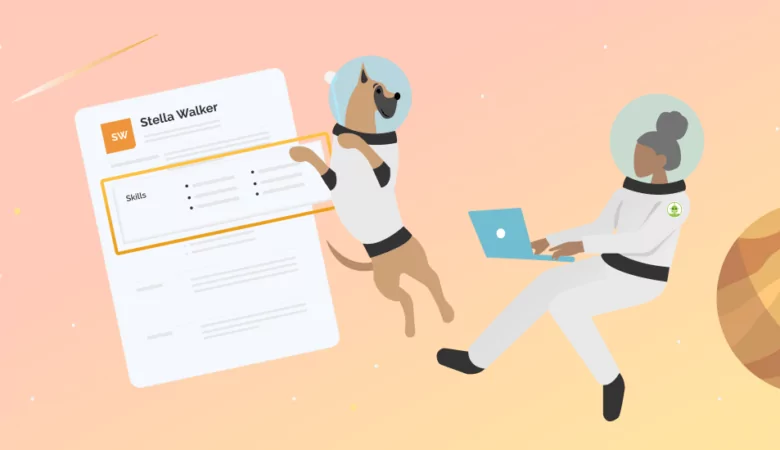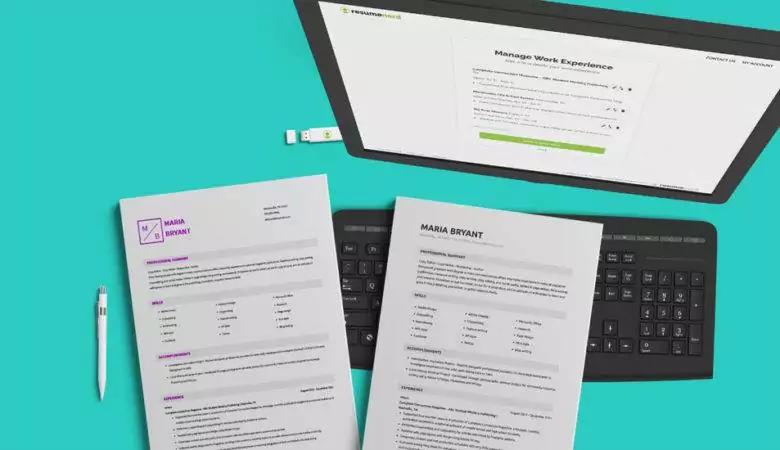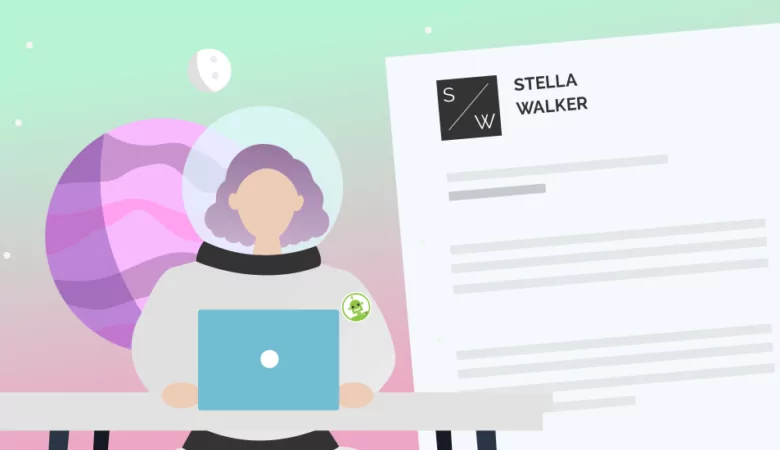Transferable skills can help you easily move from one career path to another. What do you need to know about using and describing your transferable skills?

How to List Transferable Skills Effectively on a Resume
Transferable Skills
There are many different types of skills out there, and if you’re writing a resume, you need to understand the importance of all of them. While soft skills and hard skills are likely the two classes of skills you’ll hear the most about, transferable skills, also called portable skills, are equally important, especially if you’re planning to switch careers. Transferable skills can be an important part of getting you into the job market and ensuring prospective employers are interested in hiring you. Here’s what you need to know about these types of skills.

What Are Transferable Skills?
Simply put, transferable skills are skills that easily transfer from one job to another. How transferable skill depends on the job you’re applying for. If your job has an extremely specific POS system, for example, and you need to know how to work that POS system, that skill is non-transferable unless you go to another company that uses the same specific POS system. But some transferable skills can apply to almost any job. Here are a few examples of universally transferable skills:
- Problem-solving
- Communication
- Interpersonal skills
- Time management
- Leadership skills
- Public speaking
- Management skills
- Teamwork
- Critical thinking
- Decision making
- Listening skills
- Meeting deadlines
- Adaptability
- Analytical skills
- Project management
- Active listening
- Punctuality
- Writing skills
All of these skills can benefit you at more than one job – that is, if you learned some of these skills at a previous job, you’re just as likely to be able to use them in your next job.
How Are Transferable Skills and Soft Skills Different?
Transferable skills and soft skills have a lot of overlap, but there are differences between them. Most of the proficiencies in the above list are soft skills — they’re specific skills that will help you in your interactions with other individuals. If you’re good at verbal communication or solving problems, those are soft skills because they help you in interpersonal interactions.
However, transferable skills are just any skills that you can take with you to a new job. This means that technical skills, which are specific skill sets that revolve around technical work, can still be transferable if they apply to your new career path. If you learned how to use Microsoft Excel macros at an old job in healthcare and your new job in the legal field can still benefit from those Microsoft Excel skills, that’s a transferable skill.
Essentially, think of it this way. All soft skills are transferable skills, as your ability to interact with other people, whether they’re customers or co-workers, is something that you can take with you from job to job and through any career change. However, not all transferable skills are soft skills, as potential employers may be looking at certain competencies that are considered technical skills or hard skills.
Tips for Describing Transferable Skills on Your Resume
When describing your job skills, you always want to tailor your skills to the job description. No singular recruiter is going to be looking for the same skills. One of the best ways to determine how to describe transferable skills is by looking over the job description for specific required skills. These keywords regarding skills and certifications should be featured in your resume where possible. If you can address these skills, you’re more likely to get the interview. Here are a few bonus tips to get more use out of your transferable skills:
-
Show where you learned and how you’ve used your skills. Indicating specific work experience for your skills can seriously help your job search.
-
Include your skills in both your resume and your cover letter. This way, there’s more to set you apart from other job seekers.
-
Add transferable skills to resumes for all sorts of job postings, including internships. You don’t need to be making a huge career shift to include transferable skills in your application.
FAQ: Transferable Skills
All industries have some transferable skills. Even if your industry is extremely specialized and relies mostly on technical skills, you can use transferable skills in these industries. Customer service representative jobs are often a good fallback for people who have dealt with customers in their job, even if that wasn’t their primary job duty. A security officer, for example, isn’t tasked directly with customer service duties, but you may learn interpersonal skills that can help you in a customer service job in the future.
There are essentially an infinite number of transferable skills. No matter what job you’re in, some of the skills you learn will be transferable to another field. If you’re a software engineer and you learn dozens of programming languages, there are other fields where you could use those programming languages.
One of the best ways to learn more transferable skills is to take classes that are geared around teaching you those skills. The best transferable skills to learn will depend on your current job industry and whatever job industries you might be interested in moving toward in the future. Getting certifications is one of the best ways to learn more skills that you might need to use when you transfer to a new industry.








